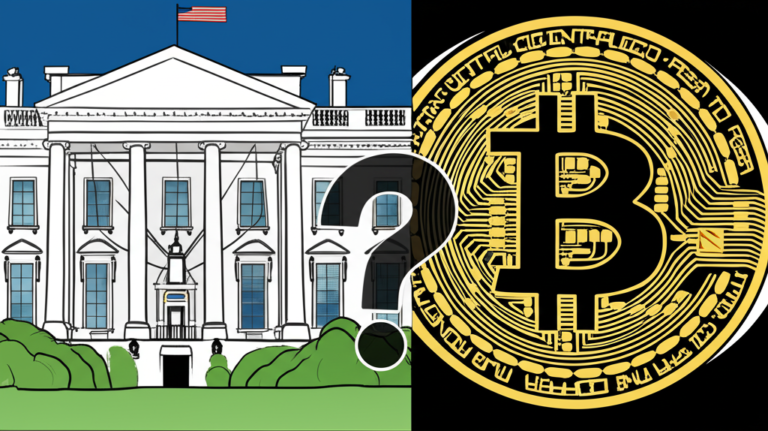ChatGPT’s Dark Side: Your Conversations Could Be Used Against You in Court
The meteoric rise of ChatGPT has captivated the world, offering unprecedented access to AI-powered text generation. But a shadow lurks beneath this convenience: the potential for your conversations with the AI chatbot to be used against you in legal proceedings. This raises serious concerns about privacy and data security in the rapidly evolving landscape of artificial intelligence.
The Legal Minefield of AI Conversations
OpenAI CEO Sam Altman himself has publicly acknowledged the lack of legal privilege protection for ChatGPT conversations. This means that data shared with the AI, seemingly locked away in the digital realm, can be accessed through legal channels like subpoenas. This revelation underscores a critical gap in the current legal framework surrounding AI interactions. Unlike conversations with lawyers, which are typically protected by attorney-client privilege, your musings with ChatGPT are potentially fair game in a court of law.
Case Studies: A Looming Threat
While specific cases are yet to emerge (as the technology is still relatively new), we can extrapolate potential scenarios. Imagine a business executive discussing a sensitive merger negotiation with ChatGPT, only to have those details revealed in a subsequent antitrust lawsuit. Or a writer inadvertently revealing plot points of their unreleased novel, later facing accusations of plagiarism. The potential implications are vast and extend across various sectors, from finance and healthcare to intellectual property and personal privacy.
The lack of clarity surrounding data ownership and usage further exacerbates the risk. While OpenAI’s terms of service likely address data usage, their practical application in legal disputes remains unclear. The precedent-setting nature of future cases will significantly shape the understanding of AI-generated data as admissible evidence.
Navigating the Risks: Practical Steps

Given the potential vulnerabilities, users must exercise caution when interacting with ChatGPT and similar AI tools. Consider these steps:
- Avoid sensitive information: Refrain from discussing confidential business matters, legal strategies, or personal details that could be used against you.
- Be aware of data retention: Familiarize yourself with OpenAI’s data retention policies and understand how long your conversations are stored.
- Seek legal advice: If you’re dealing with sensitive information, consulting a legal professional is crucial to understand your rights and potential risks.
- Monitor developments: Keep abreast of evolving legal precedents and guidelines surrounding AI-generated data and its admissibility in court.
This issue highlights the urgent need for clearer legal frameworks governing AI interactions and data privacy. As AI technologies become increasingly integrated into our lives, addressing these legal blind spots is paramount to safeguarding individual rights and promoting responsible AI development.
Summary:
- ChatGPT conversations lack legal privilege protection.
- Data shared with ChatGPT can be subpoenaed in lawsuits.
- Users should avoid sharing sensitive information with the AI.
- Clearer legal frameworks are needed to address the privacy implications of AI interactions.
- The lack of legal precedent creates uncertainty about the admissibility of ChatGPT data in court.










